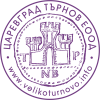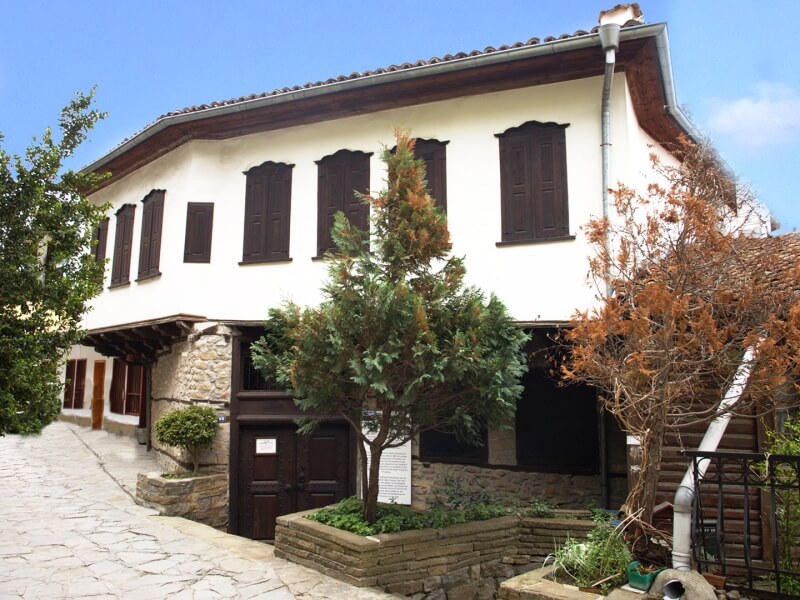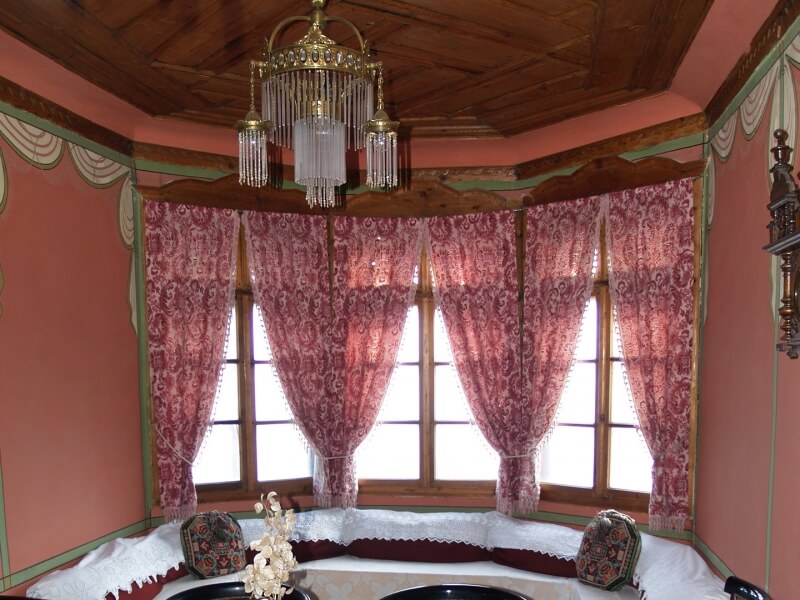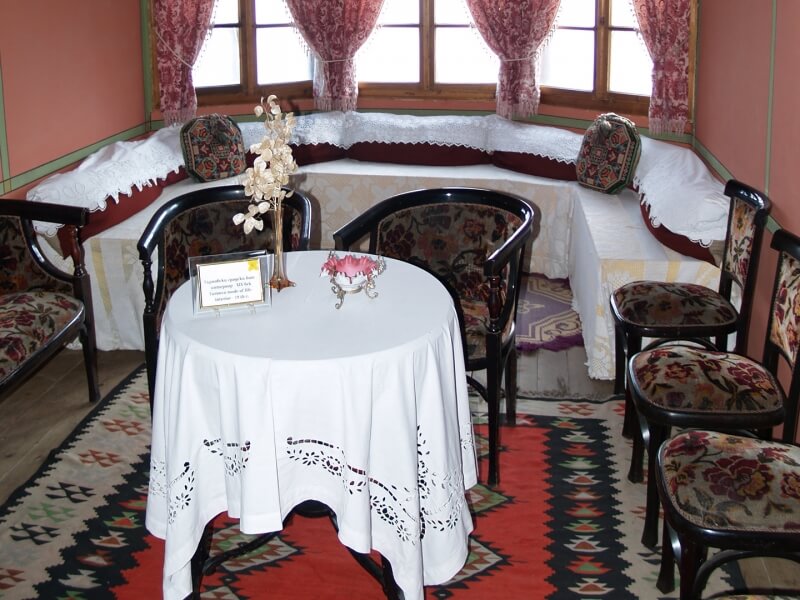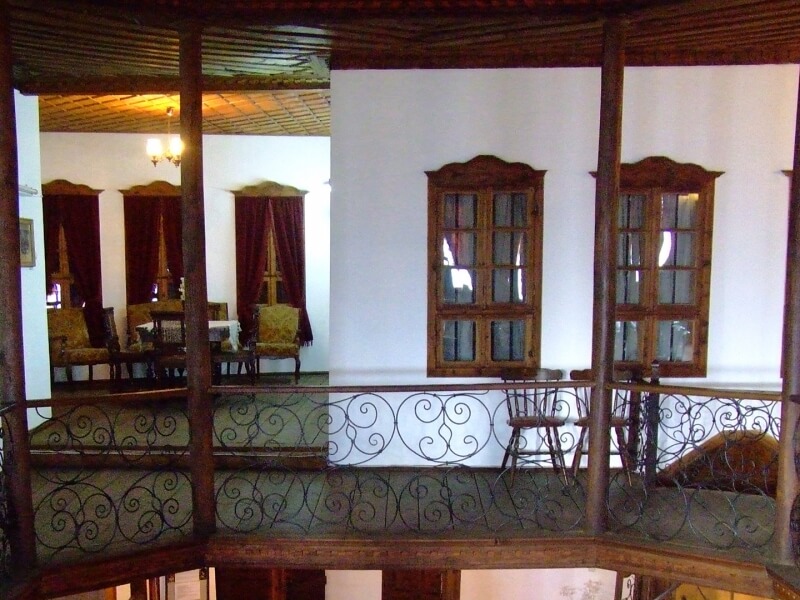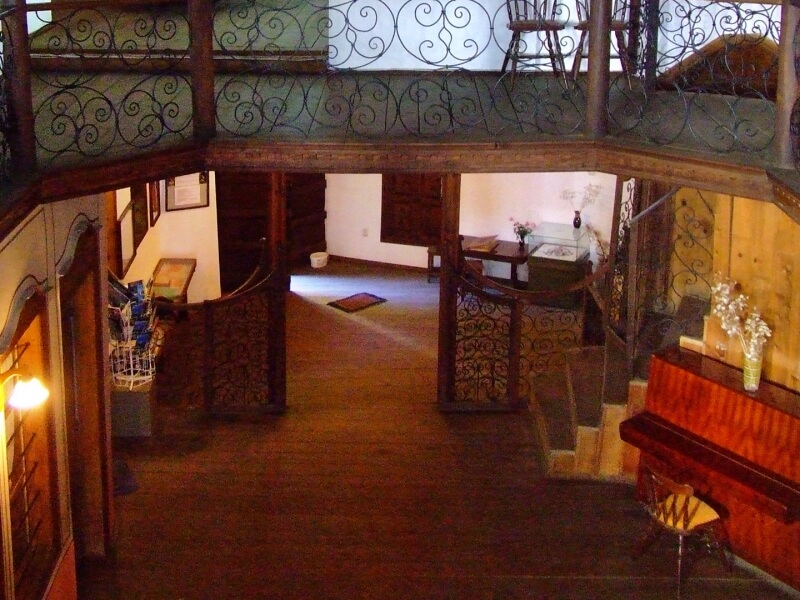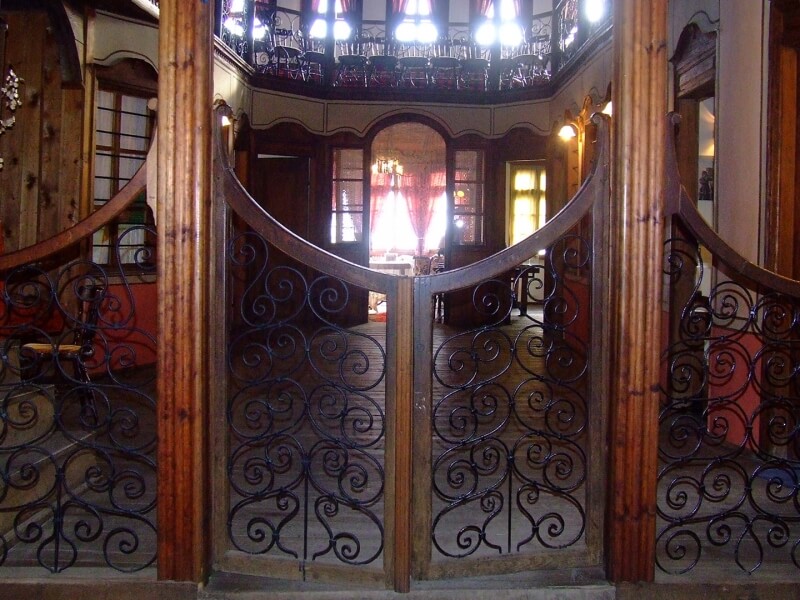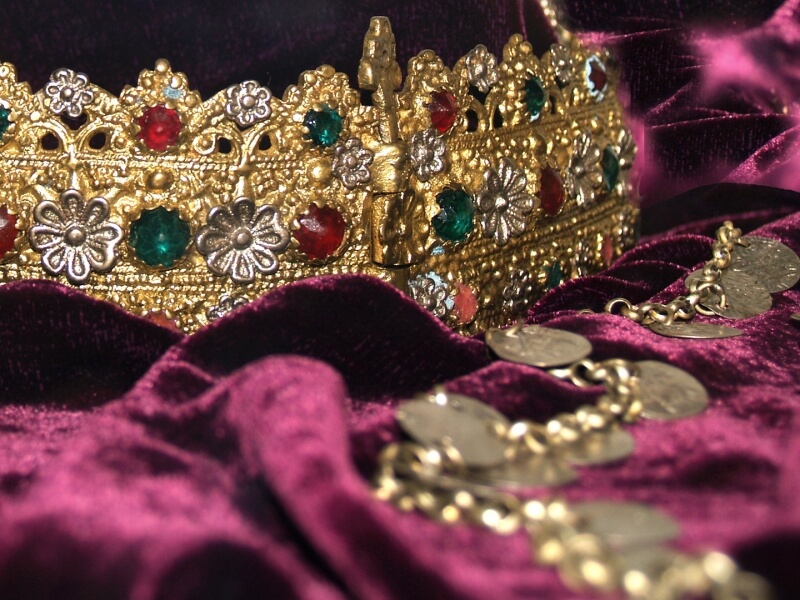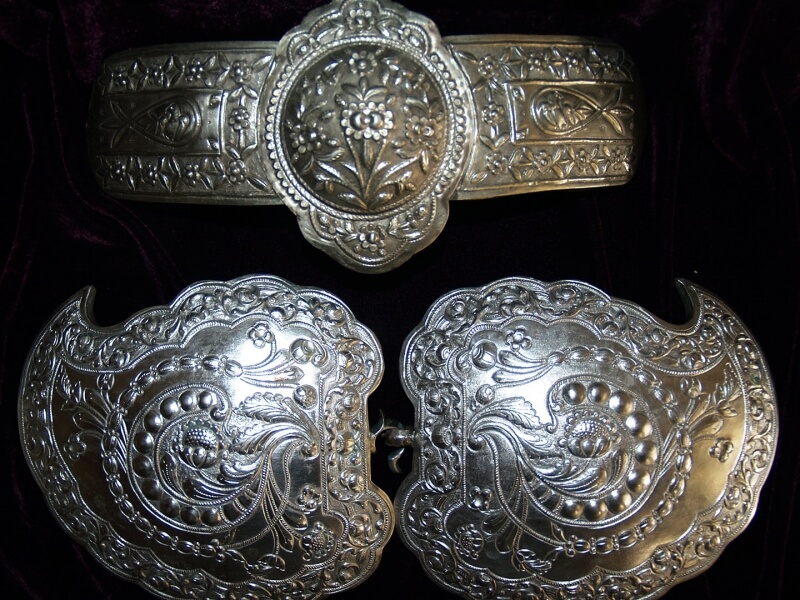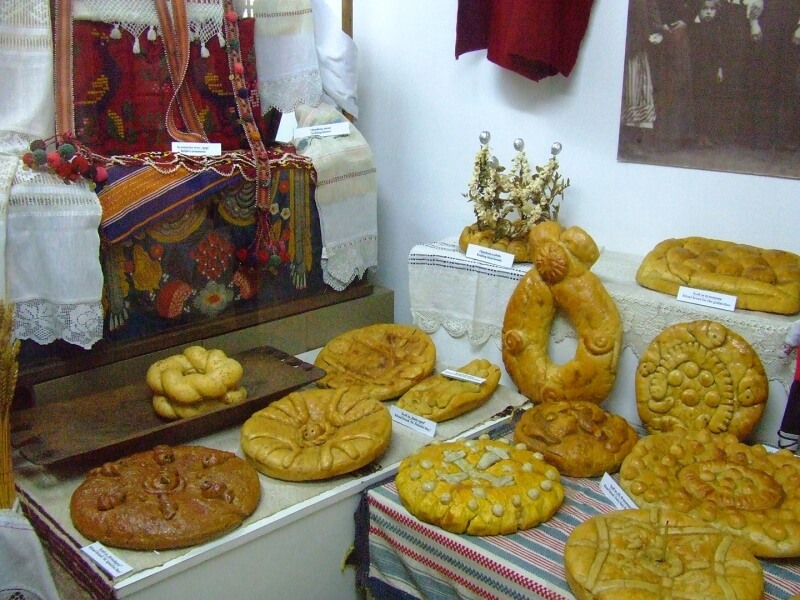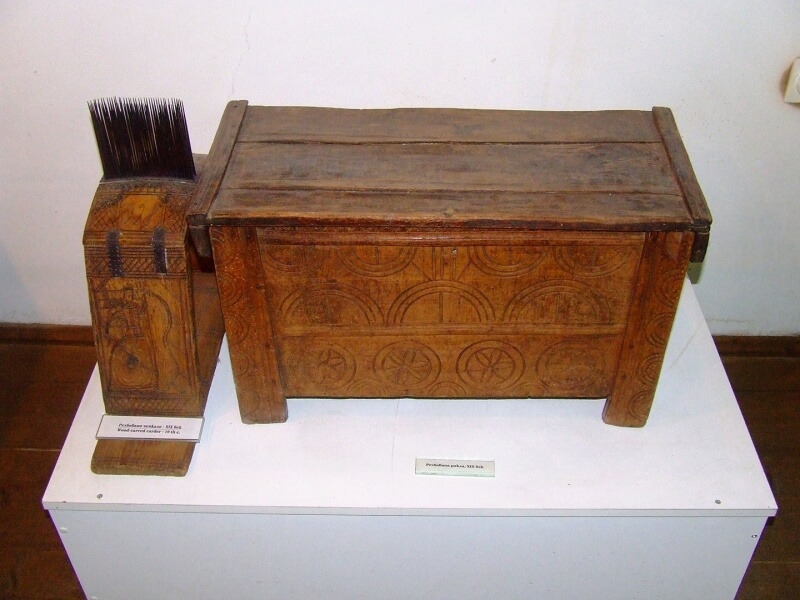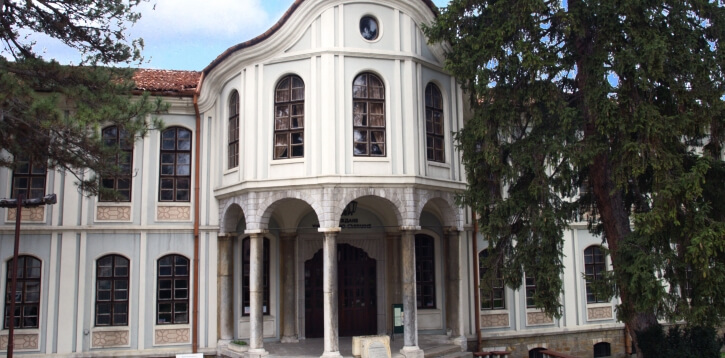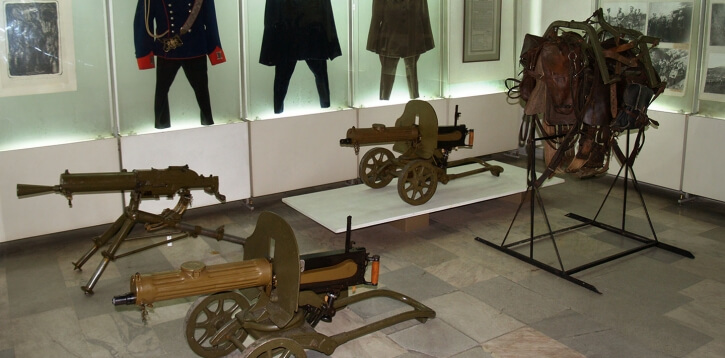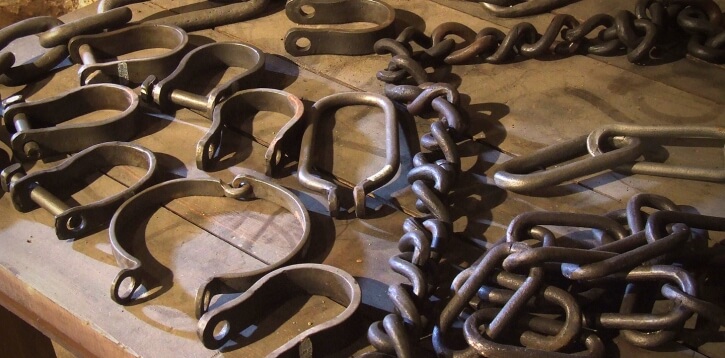Sarafkina’s House
During the Revival period Tarnovo was developed as an important military, administrative, craft, trade and cultural center. The economic flourishing was a precondition for the boom of building.
Sarafkina’s house is one of the town’s architectural masterpieces. It is situated at the picturesque street of Gurko. The house was built in 1861. It was a property of the wealthy merchant Dimo Sarafina. The building had to accommodate the house and the office of the trader. But he died before its finishing. And the house has never been used as an office. It was inherited by his wife Anastasia.
The house has a very interesting history. In the end of XIX c. a tunnel of a railway line was built in the rocks under the house. But its bases resisted as well during the digging as the earthquake in 1913. Sarafkina’s house was a property of various people during the years. The house has been a museum since 1981. Now it houses an ethnographic exposition “Folk- art of Tarnovo’s region”.
The steep terrain determines the specific architecture of the house. It has five stories to the south facing the river and two from the parade north fa?ade.
Massive two-leaves door leads to a large entrance-hall. There is a vestibule between it and the first representative story. A wooden staircase is winding to the second floor. The three down stories are service rooms. Parapet from wrought iron, the ornamented ceiling with a sun carved in the middle creates a feeling of coziness.
On the IV and V floors there are presented the main crafts in the region of Tarnovo from the end of XIX th to the beginning of the XX th c -various kinds of pots, silver candlesticks and home iconostases, carved and painted chests, distaffs, wooden stamps for decoration breads, vocative tablets and tombstones. Some specific skills were needed for their making.
The second and third halls are dedicated to the costumes, handmade cloths and ornaments. We can see few women-tunic and double apron and men costumes, made of home-woven tissues. “Sokai” is very interesting and unique ancient covering of the head. It is complex and impressive decoration, which is supposed to be “a boyar crown kept in the village hut”. There is a collection of belt buckles, bracelets, rings and earrings.
The next hall is dedicated to the ritual objects. They are specially made for some fests and rituals linked with the Christian, folk and working calendar. It was believed that the “martenica”, the eastern eggs, the “sourvaknitsa” had a magic power. They could be seen there also.
The photos of the whole exposition give information about the everyday life and the holidays of the people who lived in the region of Veliko Tarnovo in the end of XIX th c.
The photos collection on the last floor shows Tarnovo and some famous people since the Liberation to the middle of XX th c.
